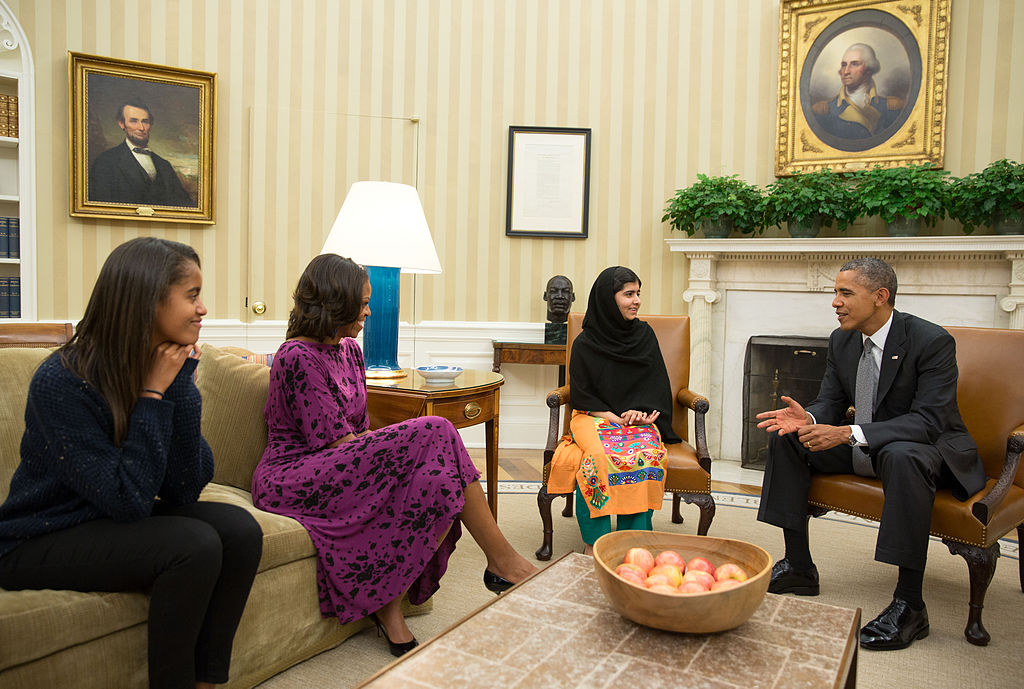Washington's Split Personality | House Approves $310 Billion in Corporate Tax Breaks, Rejects Sensible Foster Care Initiative
/Michael Ransom, Contributing EditorLast Modified: 01:20 p.m. DST, 1 May 2014
 WASHINGTON, DC - Legislators in Washington continue to buttress the wealth gap that separates a few at the top from mainstream America.
WASHINGTON, DC - Legislators in Washington continue to buttress the wealth gap that separates a few at the top from mainstream America.
On Tuesday, 29 April 2014, the Ways and Means Committee of the House of Representatives voted to give billions in tax write-offs to the ultra-wealthy, and their familial corporations that masquerade as human beings.
The committee will bring the bill before the House in the coming weeks to see it to completion. Once written into law, the new tax credits will spare the nation's most lucrative businesses $310 billion over the next ten years. The measure will help companies who notoriously camouflage assets in offshore holdings.
Among these beneficiaries is Merck & Co., who famously defrauded Medicaid for millions of dollars in the years leading up to a 2000 federal investigation. The pharmaceutical giant had drawn blood from state and local medical aid programs under the guise of ignorance. Investigators and representatives reached a $650 million settlement to reimburse taxpayers in 2008.
Apple will also benefit by the decision. This top American earner has a long track record of depositing billions in revenue into international accounts, where assets are free from taxation.
But that is only half of the story. In the same meeting on Tuesday, the committee stripped the "Preventing Sex Trafficking and Improving Opportunities for Youth in Foster Care Act" of a $12 million dollar provision, to be paid out in the course of the next decade. The money would have addressed a host of issues in the foster care system.
Not least of these concerns is the number of children diverted from the foster care network into sex trafficking. Facilities administering to foster youth are popular targets for the prostitution industry, and the proposal explains why. Without a birth certificate, Social Security card, health insurance, medical records and financial records, young people are funneled into underground, illegal industries.
The "Youth in Foster Care Act" sought to change this. Through proposed transitional strategies and permanent living alternatives, Democrats such as Rep. Lloyd Doggett wanted to put a small amount of federal funding behind the initiative. Republicans rejected the idea, on account of spending concerns.
The contradictory decisions are insincere at best, and better described as 'piggish.' The most vulnerable and impoverished in society are left hanging when politicians can justify tax cuts for the wealthiest, but fall flat on a provision 1/30,000 the size of the corporate credits. Powerful members of American society continue to marginalize foster youth and like demographics, thrusting them to the peripheries of the pursuit of happiness.
Follow Michael on Twitter Twitter: @nahmias_report Contributing Editor: @MAndrewRansom
Related articles
- Cruel GOP Votes $310 Billion for Businesses, Votes Against $12 Million For Foster Children (Video) (aattp.org)
- GOP Lawmakers Say Yes To $310 Billion For Business, But $12 Million For At-Risk Kids? Nope (huffingtonpost.com)
- Republicans pass tax breaks, but don't pay for them (politicalticker.blogs.cnn.com)
- GOP Hypocrites Busted For Trying to Add $310 Billion to the Deficit Via Tax Breaks (politicususa.com)
- Republicans Love Big Business So Much, They Forget About Reducing the Deficit (newrepublic.com)









































